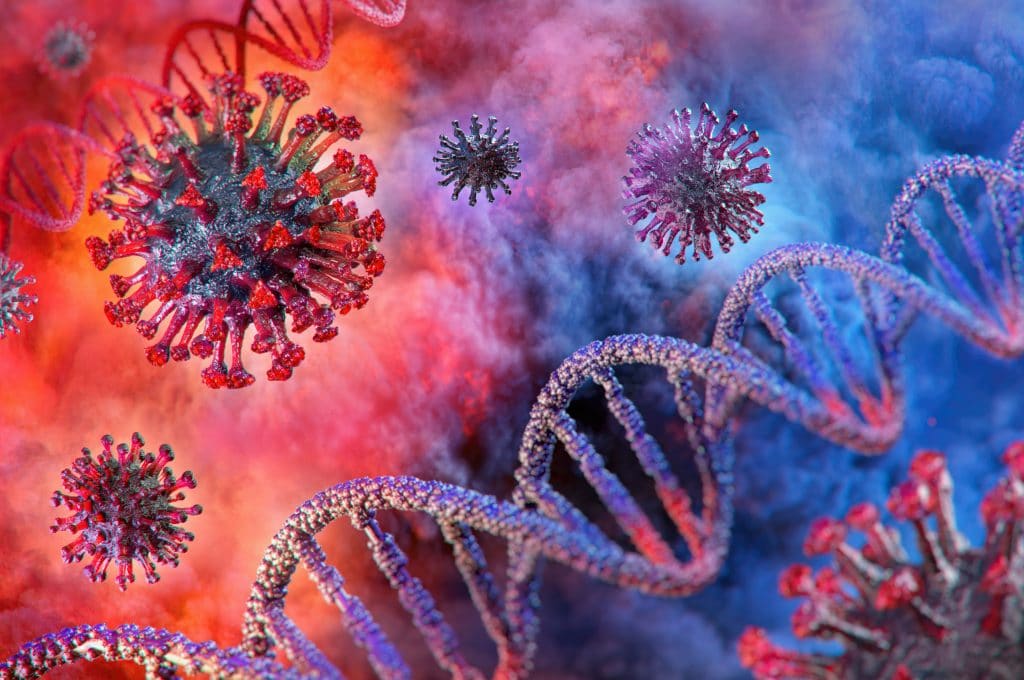COVID Convalescence—A Boon or Bane in Cardiac Surgery?: A “Second Hit” Hypothesis

The coronavirus disease 2019 (COVID-19) pandemic continues to affect healthcare services. As elective cardiac surgical services resume, clinicians will encounter COVID-19-recovered patients for cardiac surgery. The hyperimmune pathophysiology of COVID-19 and exposure to the inflammation of cardiac surgery, cardiopulmonary bypass, mechanical ventilation, blood transfusion, and perioperative infections could lead to exacerbated responses, exemplified by systemic inflammatory response syndrome and cascade to multiorgan dysfunction syndromes. The authors present a patient with coronary artery disease undergoing off-pump coronary artery bypass surgery after the institutional protocol of two COVID-19 reverse-transcriptase polymerase chain reaction tests reported negative. Intraoperatively, unexplained hypoxemia was observed, which warranted cardiopulmonary bypass support to complete the grafting. After multiple attempts of failed weaning, intra-aortic balloon pump and high inotropes helped to wean. The patient had a stormy postoperative course, with low oxygenation, bleeding, low-cardiac-output syndrome, rhabdomyolysis of lower limb muscles, requiring multiple blood and blood product transfusion, and renal replacement therapy. Despite the corrective measures, severe hyperkalemia and cardiac arrest ensued. IgG antibodies to the severe acute respiratory distress syndrome coronavirus-2 virus were tested considering the unexplained hypoxemia. A “convalescent COVID-19” patient with “first hit” at primary infection, encountering a “second hit” of surgery and perioperative insults, might have a hyperimmune response. This “second hit” hypothesis should be considered when COVID-19 convalescent (COVID-19 symptomatic or asymptomatic) patients undergo cardiac surgery and present with unusual complications.
